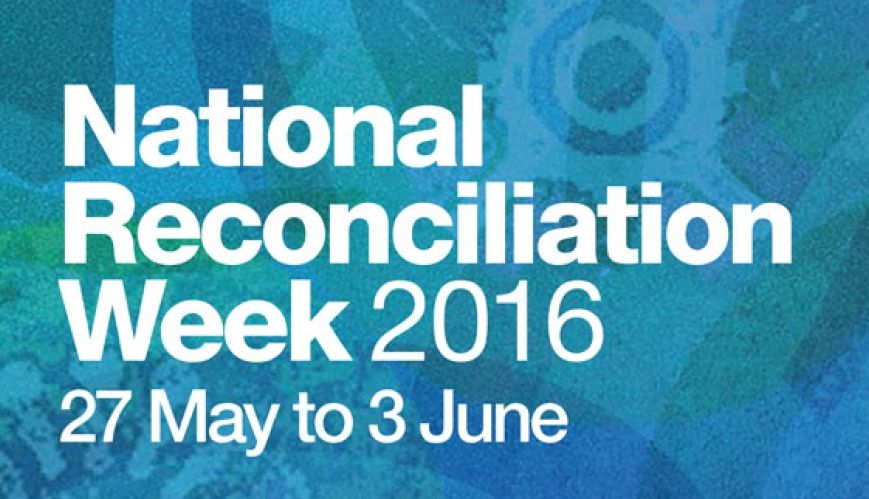Reconciliation week focuses on shared history and future

Reconciliation week focuses on shared history and future
4 May 2016
National Reconciliation Week is celebrated across Australia each year from 27 May to 3 June. The dates commemorate two significant milestones in the reconciliation journey – the anniversaries of the successful 1967 referendum and the High Court Mabo decision. The week is a time for all Australians to learn about our shared histories, cultures and achievements and to explore how each of us can join the national reconciliation effort.
“It is a challenge to take some fresh action in your workplaces, in your families, in your ministry, in your youth groups or as an individual and to bring about an awareness of these national events in your areas of influence,” says Shirli Congoo, The Salvation Army Australia Eastern Territorial Indigenous Ministry Coordinator. “It is about sharing culture, connecting with your local Aboriginal and Torres Strait Islander community and stopping racism.”
The theme for National Reconciliation Week 2016 is Our History, Our Story, Our Future. This theme is taken from the State of Reconciliation in Australia report, which asks all Australians to reflect on our national identity and the place of Aboriginal and Torres Strait Islander histories, cultures and rights in our nation’s story. The week is an opportunity for every Australian to spark a renewed conversation in our schools, workplaces and communities.
A number of Reconciliation and NAIDOC Week activities have been planned across the Australia Eastern Territory, either as Salvation Army activities or in support of community activities. These include:
- Aboriginal and Torres Strait Islander flag-raising ceremonies
- Elders lunches
- Traditional foods and dances
- Participating in sports carnivals
- Aboriginal and Torres Strait Islander chapel night focus
- Reconciliation concert to fundraise for Aboriginal and Torres Strait Islander men’s group
- Junior Soldier diversity activities with a focus on Aboriginal and Torres Strait Islander people
- Cultural appreciation sessions
- Aboriginal and Torres Strait Islander pastors leading Sunday services.
If corps and centres are looking for additional Reconciliation Week activities, Shirli has a few suggestions. These include: screening an Aboriginal and Torres Strait Islander film; running an Aboriginal and Torres Strait Islander awareness and information booth at a local Reconciliation Week community event; or hosting a reconciliation lunch and learn circle (“Shared Stories – Telling it the Proper Way”).
The Salvation Army launched its Reconciliation Action Plan last September, which provides a framework for corps, programs and ministries throughout the Australia Eastern Territory to help build closer relationships with Aboriginal and Torres Strait Islander communities, focusing on three key areas: respect, relationships and opportunities. The plan gives a firm commitment to discover ongoing ways of positive involvement in the journey of reconciliation and to act upon it in inclusive action. “It’s all about how to put our good intentions into practice,” Shirli says.
For more information on National Reconciliation Week, ideas on how to get involved, details on local events, and a wide range of relevant resources, go to the reconciliation website or email Shirli Congoo shirli.congoo@aue.salvationarmy
NAIDOC Week
NAIDOC stands for National Aborigines and Islanders Day Observance Committee. Its origins can be traced to the emergence of Aboriginal groups in the 1920s which sought to increase awareness in the wider community regarding the status and treatment of Indigenous Australians. NAIDOC Week is held in the first full week of July, with this year being 5-12 July. It is a time to celebrate Aboriginal and Torres Strait Islander history, culture and achievements and is an opportunity to recognise the contributions that Indigenous Australians make to our country and our society. For more information and how you can participate, go to naidoc.org.au